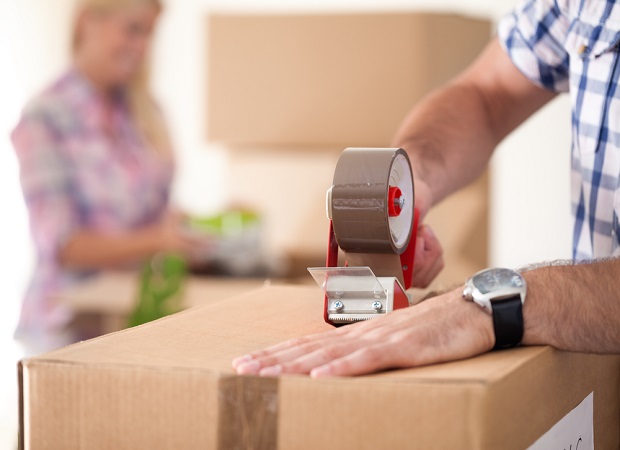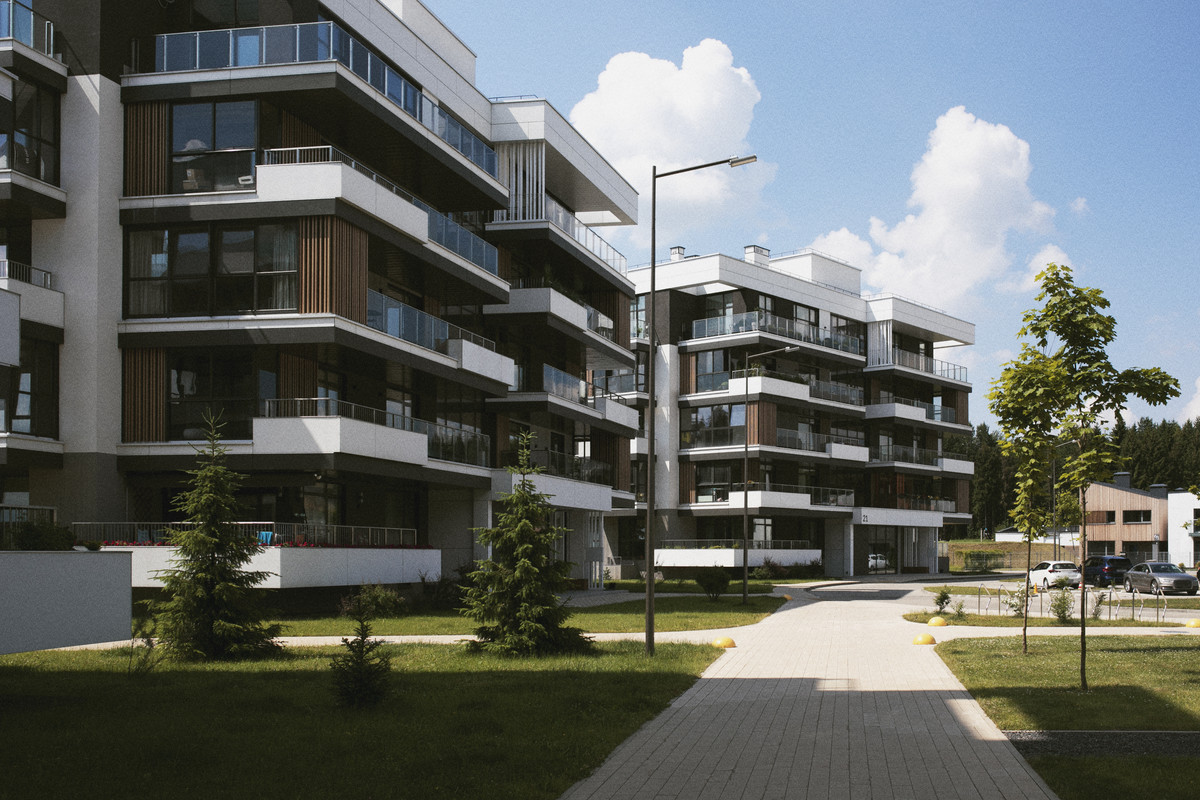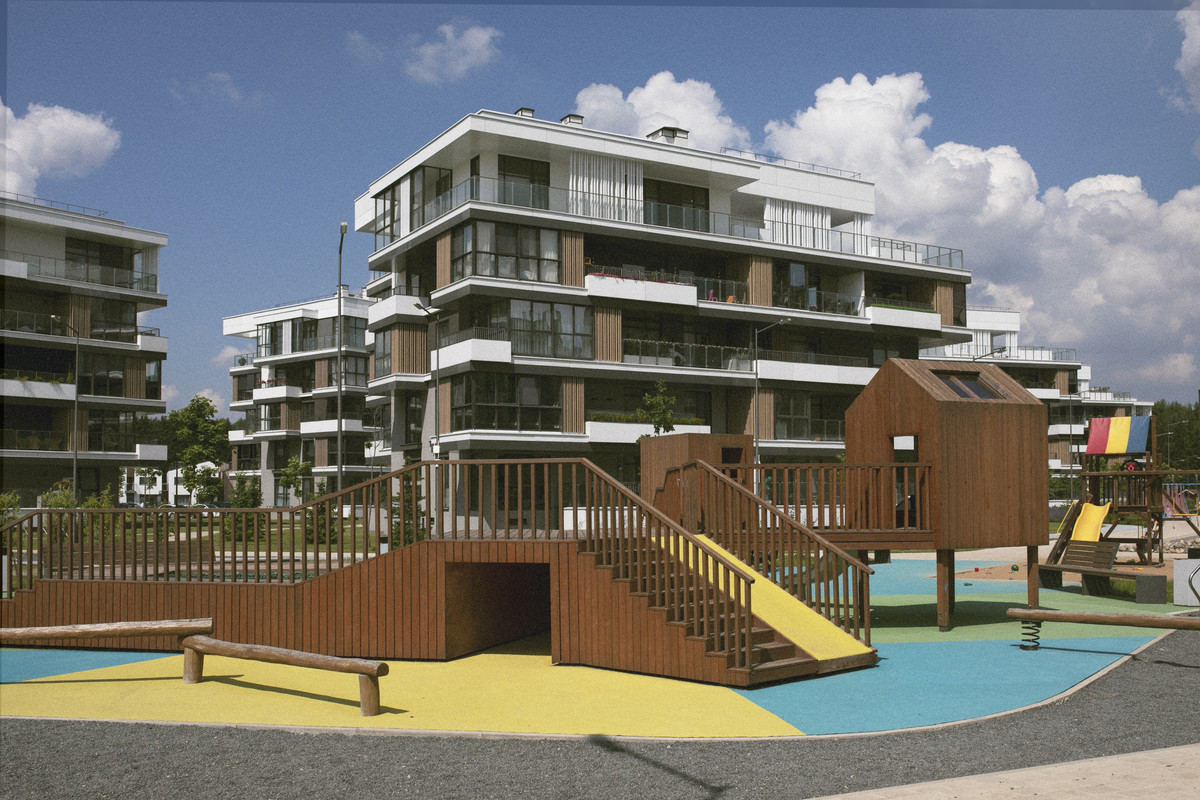So if you have thought about moving from one place to another and you are confused with all the items and stuffs in your home, and if you are utterly confused to start with the process, we will give you some tips. Read this article and it will be handy either for you or your friends.
Introduction: first thing first, you have to keep track of the things you want to move, doesn’t matter you are moving for a short or long duration or permanently. Also you need to know the distance that you have to move from one place to another. When you have all these things in mind, then you are ready for this guide, and you can read further.
 |
| Packaging Boxes Melbourne |
#1. Materials: keep a note on what materials you want to move first. So if you are planning to move all the things at once, then you can buy a few storage boxes which will help you with some fragile items like glass sets and dishes, which you want to store at the very bottom of the truck since they are things that you want to take out at the last when you have finally moved to a new location.
#2. Check List: make a check list of all the materials that you are planning to move. Then order them in a way you can unpack at your destination so that it is easy to move things around the house. For instance you would want your table to be in the right place before taking out your computer out, so that the table is ready and you can now unpack your computer and put all the equipment’s in the right place easily.
#3. Utilities and Medicines: In case of any small accident, it is best to know where the first aid kit is. We are not anticipating, but it is better to be well aware of things and be prepared. Say, you have ahead ache with the move and all you need is a cup of tea, knowing that you will be able to prepare a cup quickly is a relief. Medicines should be kept in the front since you might need medicines and special situations might arise when you need medicines right away, and you do not have much time to waste.
 |
| Storage Boxes Thomastown |
#4. Dump Few Things: you might want to consider some belongings of yours which is easily replaceable or you do not use them much often. If you are planning to move permanently then this is not an option, but if you are not moving permanently then you should dump few things behind and you can always come at later time and take them, or maybe some of these things can be parceled at a later time. Things like wall hangings, paintings and others which you can take some other times, or you might want to try out new things from the market which will go pretty well with your new house or room.
Discover essential relocation tips and guides, coupled with safe storage solutions, ensuring a seamless moving experience. From packing advice to secure storage options, we've got you covered every step of the way.
#5. Mark the Storage Box: one important thing which might seem trivial and hectic, but you must consider is marking the box with the things you have packed inside, which will reduce the burden of remembering things when you have moved from one place to another. For e.g. “shoes”, ”books” etc. Also in case of items which are breakable mark them with tags like this side up which will be very helpful.
Keeping all these things in mind, pack the things, and place them, and now you are ready to move from one place to another with ease.














